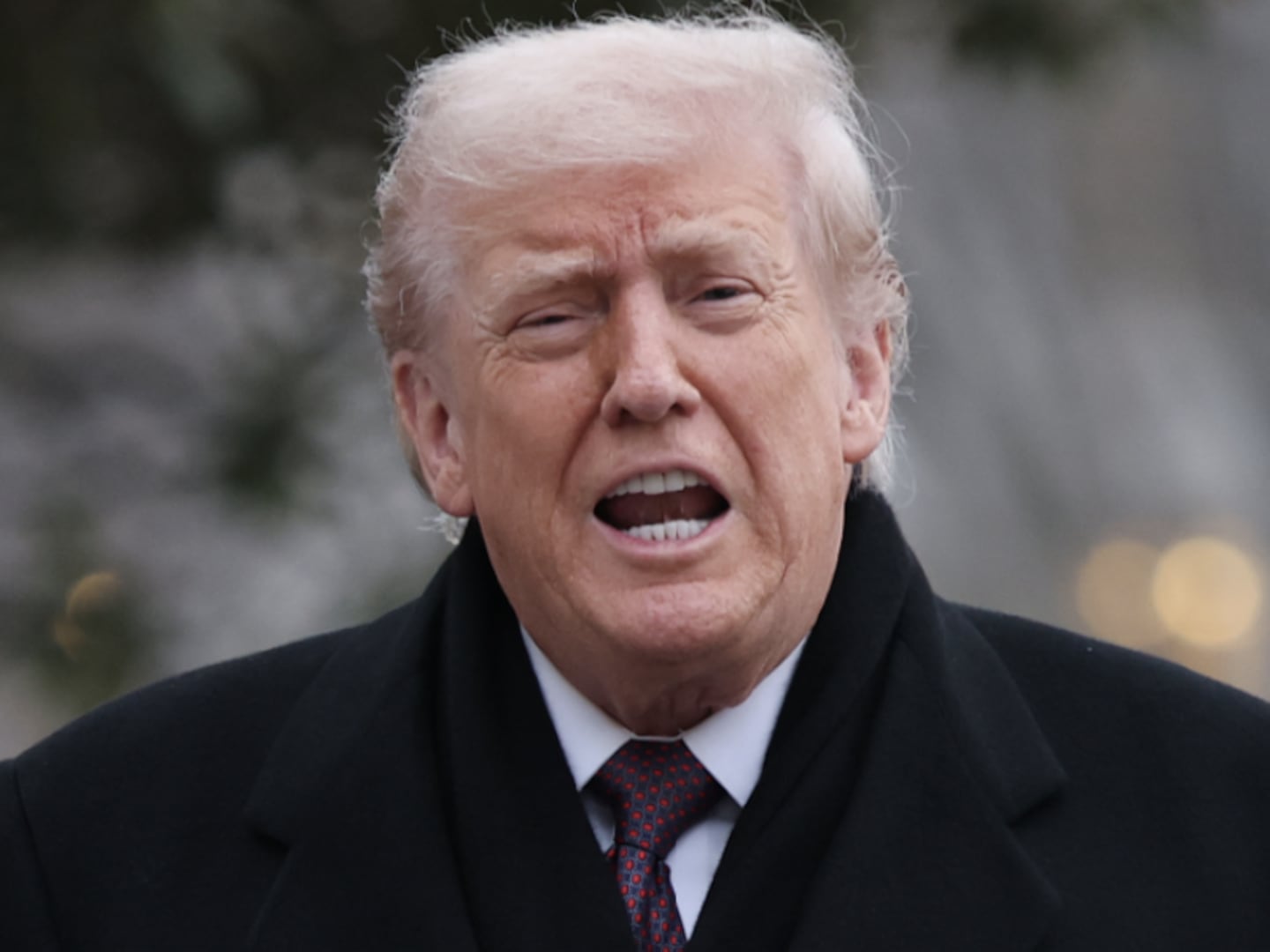Russian propaganda operations RT and Sputnik can no longer pay to promote their state-sponsored alternative facts on Twitter, the company announced Thursday.
The move marks Twitter’s first blanket advertising ban from a government’s overt propaganda operations. It’s also the latest strike against the two outlets after a reporter from the Office of the Director of National Intelligence blasted them for being tools in Russia’s election interference campaign and a federal investigation revealed last month suggested they may have to register as foreign agents.
The decision comes amid continuing revelations about how Russian troll accounts used social networks like Twitter and Facebook to sow discord without restraint.
Twitter cited the DNI assessment that both RT and Sputnik were used by the Russian government to interfere with the 2016 presidential election as the key reason for its move.
“We did not come to this decision lightly,” the company said in a statement.
Russian foreign ministry spokeswoman Maria Zakharova called the ban another aggressive step by the American establishment and promised retaliatory measures.
“A response will, of course, follow,” RT head Margarita Simonyan said.
The DNI report from January 2017 (PDF) found that RT “actively collaborated with WikiLeaks” and served as part of “Russia’s state-run propaganda machine.” The two news outlets meddled in the U.S. elections by shifting to commentary favoriting Donald Trump and “serving as a platform for Kremlin messaging.”
“Russia used trolls as well as RT as part of its influence efforts to denigrate Secretary Clinton,” the report concluded.
Twitter revealed that RT paid for $1.9 million in advertising since 2011. About $274,100 of that total was spent on promoting its content in the U.S. All of that revenue will now be spent to “support external research into the use of Twitter in civic engagement and elections, including use of malicious automation and misinformation,” Twitter said.
The decision will only affect official RT accounts. Individual staff accounts will not be affected.
“Serving as a platform for free expression does not require assisting foreign powers in their efforts to push propaganda, whether by promoted tweets or other means,” Rep. Adam Schiff, the top-ranking Democrat on the House Intelligence Committee, said in a statement.
In response, RT released an ad sales pitch deck from Twitter’s sales team ahead of the 2016 election. “The RT and Twitter teams held a number of direct negotiations, during which we brainstormed potential media strategy ahead of American elections in 2016,” the channel wrote in an article posted to its website. “The main idea pitched by Twitter to RT was ’to take a stand.’”
“We do not have any comment on our private conversations with any advertiser, even a former advertiser,” a Twitter spokesperson told The Daily Beast.
But Vasily Gatov, a Russian media analyst who previously worked for Russia’s state-run international news agency, blasted Twitter’s move as too little, too late.
“This is a very easy way to dodge responsibility,” Gatov said. “They were perfectly aware of what this organization would do. They were perfectly aware of messaging. They were perfectly aware of dubious content that RT posted.”
Twitter and other social media giants have many more questions to answer about their roles in spreading Russian disinformation, he said.
Facebook and Google did not return requests for comment on whether they also intended to bar RT ads.
Indeed, social media is perhaps the chief way in which RT and Sputnik reach their target audiences.
As a TV channel, RT enjoys only limited reach and success in the American television market, as The Daily Beast reported using its internal data.
But the propaganda network has a wider and cheaper reach on social media, where it peddles conspiracy theories and repackages wire service video to reach an international audience. Some of the accounts banned from advertising have millions of followers. It’s difficult to tell how much of that reach was grown organically, and how much came from paid advertising.
And RT often touts its social media influence as a marker of its success.
“Online, according to SimilarWeb, RT has greater audience than any other non-Anglo-Saxon international TV new channel. On YouTube, RT is #1 TV news network in the world with 2.7 billion views (nearly 1.5 billion of that is on its flagship English-language channel),” spokeswoman Anna Belkina told The Daily Beast in 2015.
The total Twitter advertising amount was just a fraction of RT’s budget: The Russian government spent about $2 billion on RT over eight years, from 2005 to 2013.






